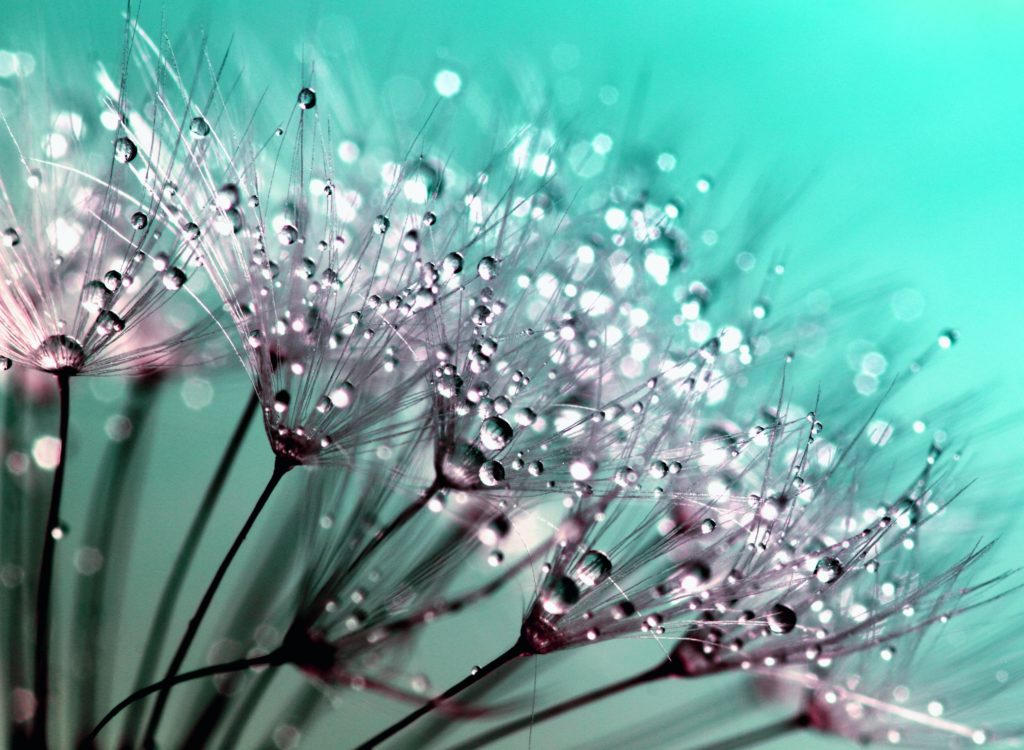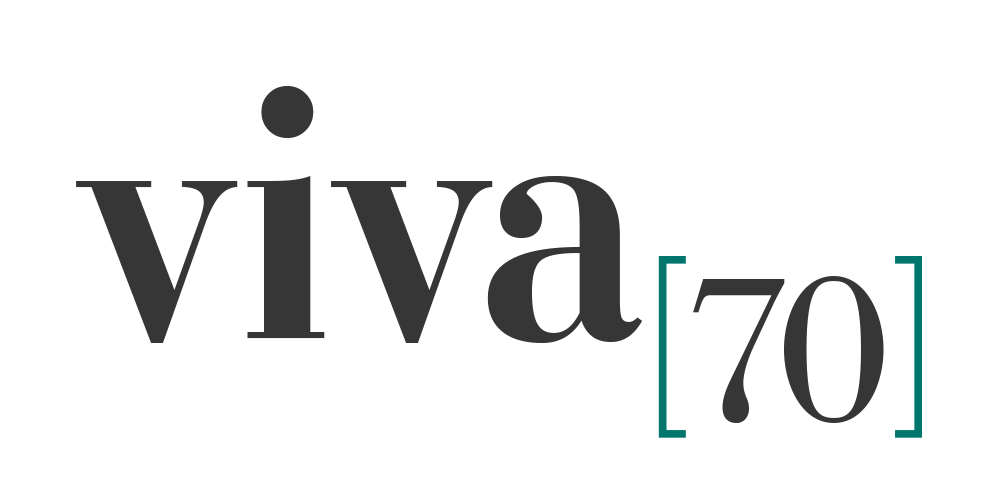
In Australia’s cooler climes November is the last month of spring. In my garden the birch trees are laden with catkins, the ornamental grape has clusters of fine powdery seeds, lavenders and roses bloom and pollens abound. This month our resident wellness expert, Julia Richards has sent through a very timely article about hay fever that is full of great ideas about management and prevention of this allergy.
Achoo! Hay fever season has started. Are you experiencing constant sneezing, a runny nose, streaming eyes, headache, itchy eyes, nose or throat? If you suffer from hay fever, there are many proactive things you can do to significantly reduce or even eliminate these symptoms besides reaching for the antihistamines. Allergies need a holistic approach which includes diet and lifestyle changes. Use the guidelines below to make changes now so you can be at your best during spring and summer.
Diet
Foods to increase in your diet
Quercetin rich foods.
This is a flavonoid with anti-inflammatory and anti-oxidant properties. It prevents the release of histamine so acts as a natural antihistamine. Foods include: garlic and onions (especially red), kale and broccoli, green beans, celery, leafy green vegetables, chives, coriander, dill, apples, berries, red grapes, capers and black tea. Quercetin is also available in supplement form. A typical dose for hay fever is between 200 and 400 mg per day.
Vitamin C and beta-carotene rich foods
These have an anti-histamine and anti-inflammatory effect and include berries and dark green vegetables.
Essential fatty acids (EFAs)
Theses contain prostaglandins which are hormone-like chemicals with anti-inflammatory properties. These are found in oily fish (mackerel, salmon, tuna, herring, white fish, cod, sardines), nuts and seeds and seaweed.
Bromelain rich foods
This is an enzyme found in pineapple. It has been shown to have anti-allergic activity in the lungs and airways.
Caution: You should not consume bromelain if you take anticoagulants, such as warfarin, aspirin. It also amplifies the effects of sedatives, such as alcohol, antidepressants, sleep aids and benzodiazepines.
Capsaicin rich foods
These work as natural decongestants and include hot chili peppers, horseradish and hot mustards.
Local honey
A tablespoonful daily of local honey, starting a few months before the pollen season starts, acts as a form of oral de-sensitisation (the honey will have been contaminated with the pollen that causes your allergic reaction).
Herbs
Some herbs have anti-histamine and anti-inflammatory effects. A therapeutic dosage is 2-3 cups of tea per day. Try chamomile, ginger, peppermint and nettle. Experiment with mixing some of these together and add some local honey.
Foods to decrease / avoid in your diet
Dairy, Wheat and Saturated Fats
These contain pro-inflammatory substances which increase histamine and mucous production making symptoms worse.
Citrus fruit
Citrus increases histamine production making symptoms worse.

Lifestyle tips to reduce your exposure to pollen
Clothing
Wear more natural fibers such as cotton and linen which pollen is less likely to stick to. Synthetic fibers can attract pollen to stick to them through electrical charges created when rubbed. Wear gloves and a filter mask when gardening to limit pollen on your skin.
Wear sunglasses when outside to limit pollen getting in your eyes.
Shower
Always shower if you can after being outside and put on clean clothes to get rid of any pollen that has attached.
Outside
Limit outdoor activities to low pollen count times: before dawn, in the late afternoon and early evening.
Indoor air quality
Leave shoes by the door to avoid bringing pollen in. Vacuum more often, including furniture to get rid of pollen that has floated in. Use a dehumidifier and / or a HEPA filter air purifier to reduce pollen inside. Burn some essentials oils. Peppermint, eucalyptus, tea tree, rosemary, oregano and thyme are good for seasonal allergies as they clear the respiratory system.
Always seek a qualified Medical Herbalist before using herbs. Always check how the herb interacts with any medication you are taking.

Julia Richards is a qualified Medical Herbalist and Director of Enhance One Limited, a consultancy passionate about helping individuals, groups, families, communities and organisations be the best they can be physically, mentally and emotionally. To achieve this, Julia uses a holistic approach to help you enhance yourself by drawing on her experience and studies in personal development, life coaching, aromatherapy, nutrition, herbal medicine and other wellbeing techniques. Julia helps you design a wellbeing plan that is unique to you and works in a complementary way with your doctor or any other therapist you are seeing to help you make improvements in your health. Julia offers individual consultations and group workshops.
